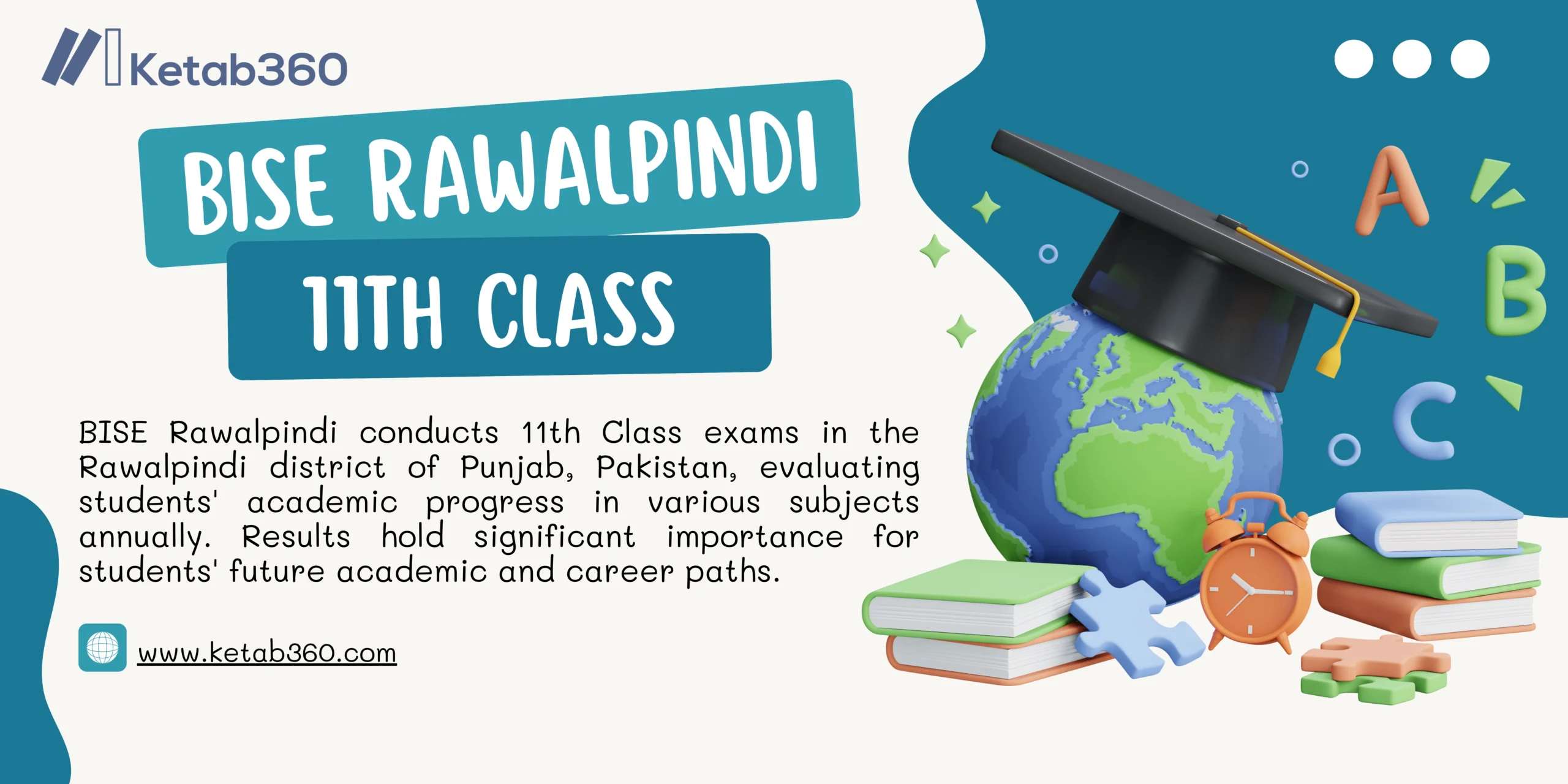Introduction:
Education is the cornerstone of a nation’s progress, and Pakistan places significant importance on providing quality education to its citizens. The Federal Board of Intermediate and Secondary Education (FBISE) plays a crucial role in this endeavor, particularly concerning the 11th class examinations. These examinations mark the beginning of a student’s higher education journey and lay the foundation for their future academic and professional success. In this article, we delve into the importance of FBISE 11th class examinations, the examination process, and the impact of these exams on students’ lives and their contribution to nurturing academic excellence and future leaders in Pakistan.
The Role of FBISE:
The Federal Board of Intermediate and Secondary Education (FBISE) holds a prominent position in Pakistan’s educational landscape. Created by the FBISE Act of 1975, this organization works under the supervision of the Ministry of Federal Education and Professional Training, Government of Pakistan. FBISE is entrusted with several critical responsibilities:
1. Curriculum Development: FBISE plays an essential role in designing, revising, and updating curricula for both intermediate (11th and 12th grades) and secondary (9th and 10th grades) education. These curricula are meticulously crafted to align with national educational objectives and international standards.
2. Examination Conduct: The board conducts annual examinations for both secondary and intermediate levels, including the Higher Secondary School Certificate (HSSC) and the Secondary School Certificate (SSC) examinations. These exams serve as crucial milestones for evaluating students’ academic progress and determining their eligibility for higher education.
3. Regulation of Educational Institutions: FBISE regulates educational institutions within its jurisdiction, ensuring they adhere to the prescribed curricula and meet specified educational standards.
4. Textbook Approval: The board approves textbooks for use in affiliated educational institutions, guaranteeing the quality and accuracy of educational materials.
5. Equivalence Certificates: FBISE issues equivalence certificates for students who have completed their education abroad or in non-affiliated educational systems. These certificates allow these students to keep studying in Pakistan.
6. Teacher Training: The board conducts teacher training programs to enhance the professional development of educators, ensuring they are equipped with the latest teaching methodologies and techniques.
Importance of 11th Class Examinations:
The 11th class examinations conducted by FBISE are of paramount importance for several reasons:
1. Academic Advancement: The 11th grade represents the transition from secondary education to higher secondary education. These exams serve as a foundation for students’ further academic pursuits and set the tone for their future studies.
2. College and University Admissions: Success in the 11th class examinations is a significant factor in determining a student’s eligibility for admission to colleges and universities. These institutions often have rigorous admission criteria, and strong results in these exams enhance a student’s chances of securing a place in their preferred institution.
3. Specialization and Career Orientation: Students are required to choose specific subjects and disciplines during the 11th class examinations. These choices significantly influence their future academic and career paths, allowing them to focus on areas of personal interest and professional aspirations.
4. Preparation for Professional Life: The knowledge and skills acquired during the 11th class examinations lay the foundation for students’ future careers. These exams help students make informed choices regarding their desired professions and academic pathways.
The Examination Process:
The FBISE 11th class examinations follow a systematic process to ensure fairness, transparency, and accuracy in assessing students’ knowledge and skills. The examination process includes the following key steps:
1. Registration: Students wishing to appear for the FBISE 11th class examinations must register within the designated registration period. This interaction implies you need to give them a few papers, similar to your ID, school grades, and a little image of yourself, and you likewise need to pay a charge for the test.
2. Date Sheets: Before the test time, the board gives out papers with dates to show when you’ll take each test. These date sheets are crucial for students to plan their study routines effectively.
3. Examination Centers: FBISE selects special places where you take your test. These are called examination centers. We choose these centers carefully to make sure they are in good places for students and safe too.
4. Examination Format: The 11th class examinations consist of both theoretical and practical components, depending on the subject. The written exams are for theories, and for practicals, we use special labs or workshops.
5. Evaluation Process: Evaluation Process: After the exams, your answers are checked by experienced teachers to see how well you did. They do this in a fair and secret way to make sure it’s all done correctly.
6. Result Declaration: Following the evaluation process, FBISE announces the results of the 11th class examinations. Students can check their results online or from their schools. You can usually get your results a few weeks after the exams are done.
Impact on Students:
The outcomes of the 11th class examinations have a profound impact on students’ academic and professional lives:
1. Higher Education Opportunities: Strong performance in the 11th class examinations enhances a student’s eligibility for admission to colleges and universities, facilitating their pursuit of higher education in various fields.
2. Academic and Career Specialization: The choice of subjects made during the 11th class examinations guides students toward specific fields of study and potential professions. These choices significantly influence their career paths.
3. Scholarships and Financial Aid: Exceptional academic performance in the 11th class exams can lead to scholarships and financial aid programs, making higher education more accessible and affordable.
4. Motivation and Confidence: Excellent results in the 11th class exams boost students’ confidence and motivation to excel in their studies. It shows that their efforts have paid off and inspires them to strive for good grades.
5. Parental Expectations: In Pakistan, parents often expect their children to excel in academics. The results of the 11th class examinations can significantly influence these expectations and contribute to the family’s aspirations for the student’s future success.
Challenges and Future Directions:
While FBISE has made significant contributions to the Pakistani education system, it faces several challenges:
1. Curriculum Relevance: The board needs to update and change the study materials to make sure they’re still useful in a world that keeps changing.
2. Making Education Consistent: Ensuring that the same educational standards apply everywhere can be tricky due to the different education boards in Pakistan.
3. Using Technology: Using technology for exams and education is becoming more important. The FBISE needs to keep up with these changes.
4. Fair Education: Making sure that all students, no matter how rich or poor they are, have equal access to good education is still a big issue.
In conclusion, FBISE 11th class examinations mark a critical juncture in a student’s academic journey. Beyond being a stepping stone to higher education and future career opportunities, these exams symbolize the transition from secondary to higher secondary education. The FBISE is dedicated to being fair and making sure that students get the credit they deserve. It works hard to keep up with changing education and challenges. This way, it helps educate the next generation of people who will make Pakistan better.






